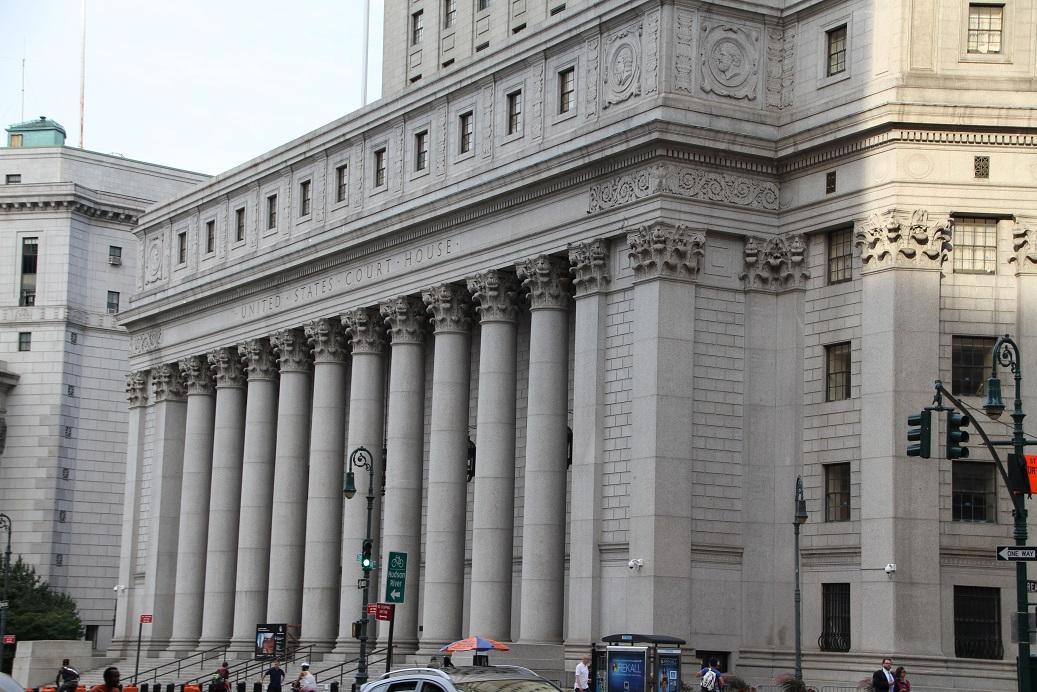A little-watched civil rights case that threatens Silicon Valley’s Section 230 immunity moved forward on July 16, as an appeals court agreed to review a lower court’s decision.
The U.S. Appeals Court for the 2nd Circuit in New York agreed to review a lower court’s ruling that Section 230 of the Communications Decency Act (CDA) protects big tech companies such as Vimeo from civil rights liability in censorship cases.





